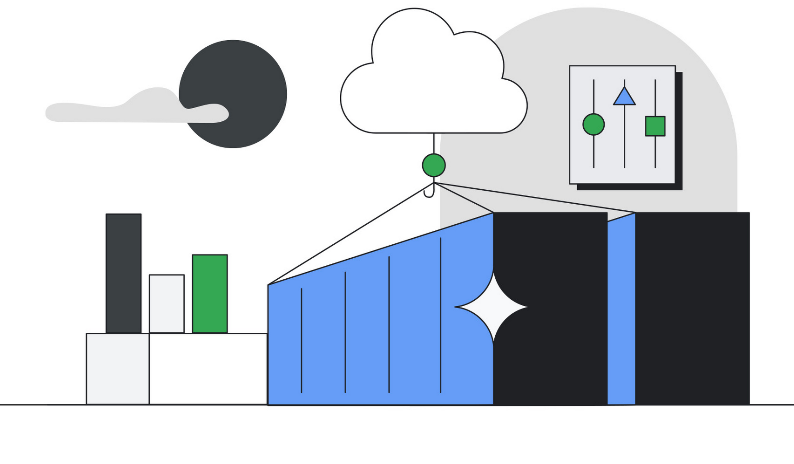 CLOUD
CLOUD
 CLOUD
CLOUD
 CLOUD
CLOUD
Google Cloud said today that game developers can now enjoy a fully automated experience in running global multiplayer game servers on Google Kubernetes Engine Autopilot.
GKE is a cloud-based management and orchestration service for software containers, which are used to host the components of modern, agile applications, including video games. It offers a platform for building and running multiplayer games at scale. With GKE Autopilot, developers get a fully-managed, serverless version of GKE, where Google automates all of the overheads.
In a blog post, Google Kubernetes Engine Senior Product Manager Ishan Sharma said game developers can now use GKE Autopilot to serve players globally. He explained that most developers don’t want to worry about the underlying cloud infrastructure. Rather, they just want it to scale with player traffic, so they can focus on creating new features for their games.
“At Google Cloud, we are fixated on making game launches boring by making GKE Autopilot the platform-of-choice for running game workloads for scalability, reliability, and automation,” Sharma wrote.
To that end, Google Cloud has made it possible to run dedicated game servers on GKE Autopilot using a new and open-source game server orchestrator called Agones. The game server is one of the most critical elements of multiplayer games, serving as the authoritative source of the game’s state, to which players must connect in order to interact with the game. As a result, game servers must be kept running at all times and without any hitches, while ensuring seamless connectivity to thousands of players.
With GKE Autopilot and Agones, Google Cloud manages all of the underlying Kubernetes clusters and ensures the game server can run perfectly by dynamically scaling up and down to accommodate player numbers. Developers no longer need to concern themselves with tasks like configuring the underlying infrastructure.
“With traditional Kubernetes, this scaling requires resources and time for planning, rightsizing and bin-packing,” Sharma explained. “You might overprovision node pools much earlier in anticipation of scaling up and keep those node pools running longer before scaling down. All this costs money.”
Analyst Holger Mueller of Constellation Research Inc. said gaming is a key showcase for the cloud, because it requires elasticity to serve gamers properly, resulting in unpredictable peaks and lows. “Running the infrastructure for these gaming workloads manually quickly becomes an expensive endeavor, and mistakes are often made, leading to higher costs or a poorer gaming experience,” he said. “So automated infrastructure, which Google Cloud now offers with GKE Autopilot, is critical. Combine this with Google’s super-fast network and you have a very compelling platform for game workloads.”
Google presented a number of its own arguments as to why game developers should consider using GKE Autopilot to host their games. With GKE Autopilot, developers only pay for the CPU, memory and storage that their servers consume. So there’s no danger of being billed for unallocated capacity, and no charge for operating system overheads and system components. Indeed, Google cites a Forrester study that shows how GKE Autopilot can reduce infrastructure costs by up to 85%, and improve developer efficiency by as much as 45%.
Google also stressed that using GKE Autopilot doesn’t mean developers will find themselves locked into its cloud. Sharma explained that many game developers run their workloads on cluster fleets that span multiple regions, on-premises environments and even other cloud platforms. Because Agones is open source, and GKE Autopilot is based on the open-source Kubernetes, games remain portable and flexible, he pointed out.
Another benefit of Google Cloud enables something called multitarget parallel deployment, which allows developers to roll out new features or updates in a specific region. So, developers can create a new GKE cluster for a very small region, deploy the new feature and test the reaction, before pushing it out to a wider audience.
Finally, GKE Autopilot is able to integrate with numerous other important cloud services, such as matchmaking services, custom network proxies, databases and analytics, Sharma said.
THANK YOU